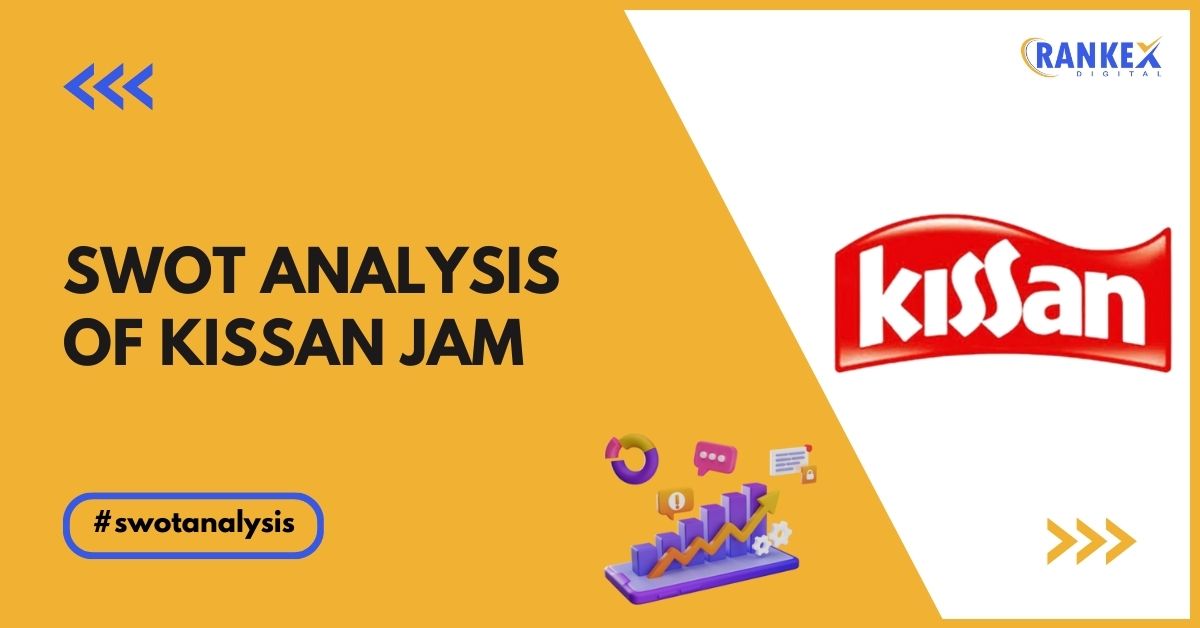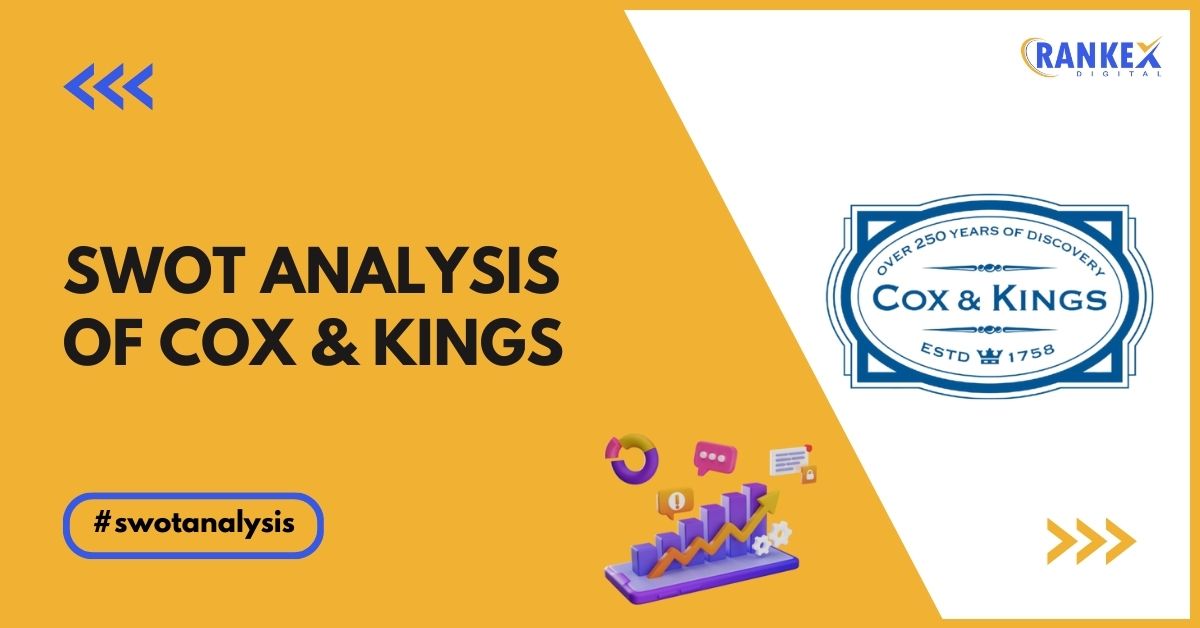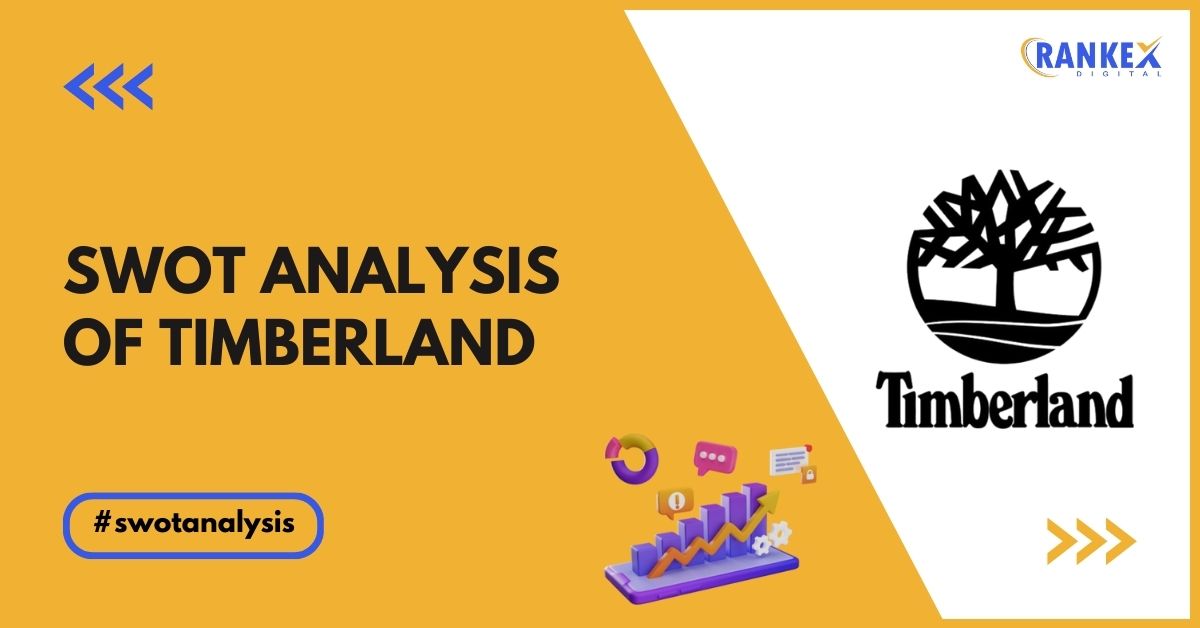Mercedes-Benz, a name synonymous with luxury, innovation, and performance, has carved a prestigious position in the global automotive industry. Renowned for its engineering excellence and iconic designs, the brand remains a leader in the premium automobile segment.
Conducting a SWOT analysis of Mercedes Benz provides insights into its strengths, weaknesses, opportunities, and threats, allowing a comprehensive understanding of its market position.
In this blog
Overview of Mercedes Benz
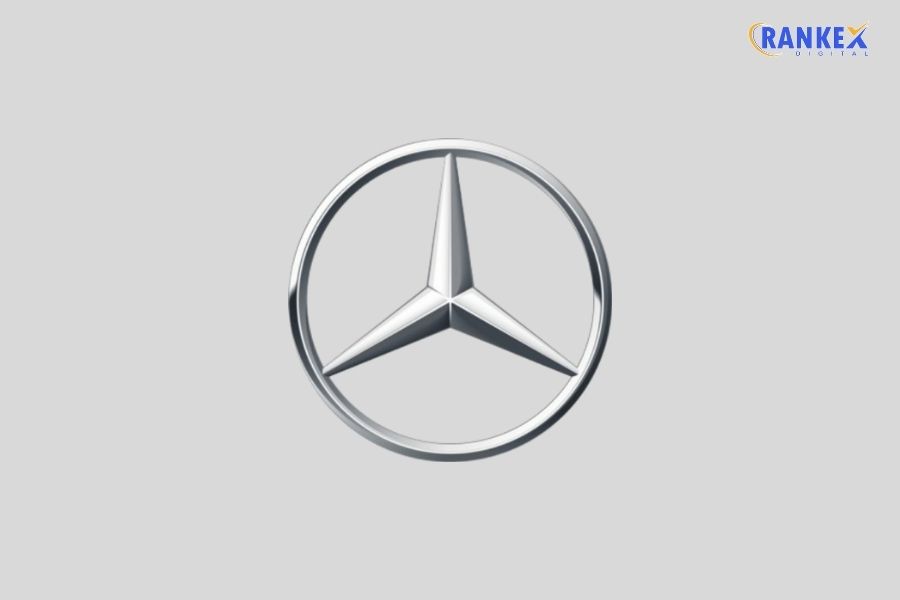
Founded in 1926, Mercedes-Benz is a German automobile manufacturer headquartered in Stuttgart, Germany. Known for its luxury vehicles, buses, and trucks, the brand epitomizes sophistication and cutting-edge technology. The company operates under the parent group Mercedes Benz AG and serves customers worldwide, symbolizing prestige and reliability.
Quick Stats About Mercedes Benz
| Founder | Karl Benz and Gottlieb Daimler |
|---|---|
| Year Founded | 1926 |
| Headquarters | Stuttgart, Germany |
| Employees | 170,000+ |
| CEO | Ola Källenius |
| Revenue (2023) | €150 Billion |
| Net Income (2023) | €14 Billion |
SWOT Analysis of Mercedes Benz
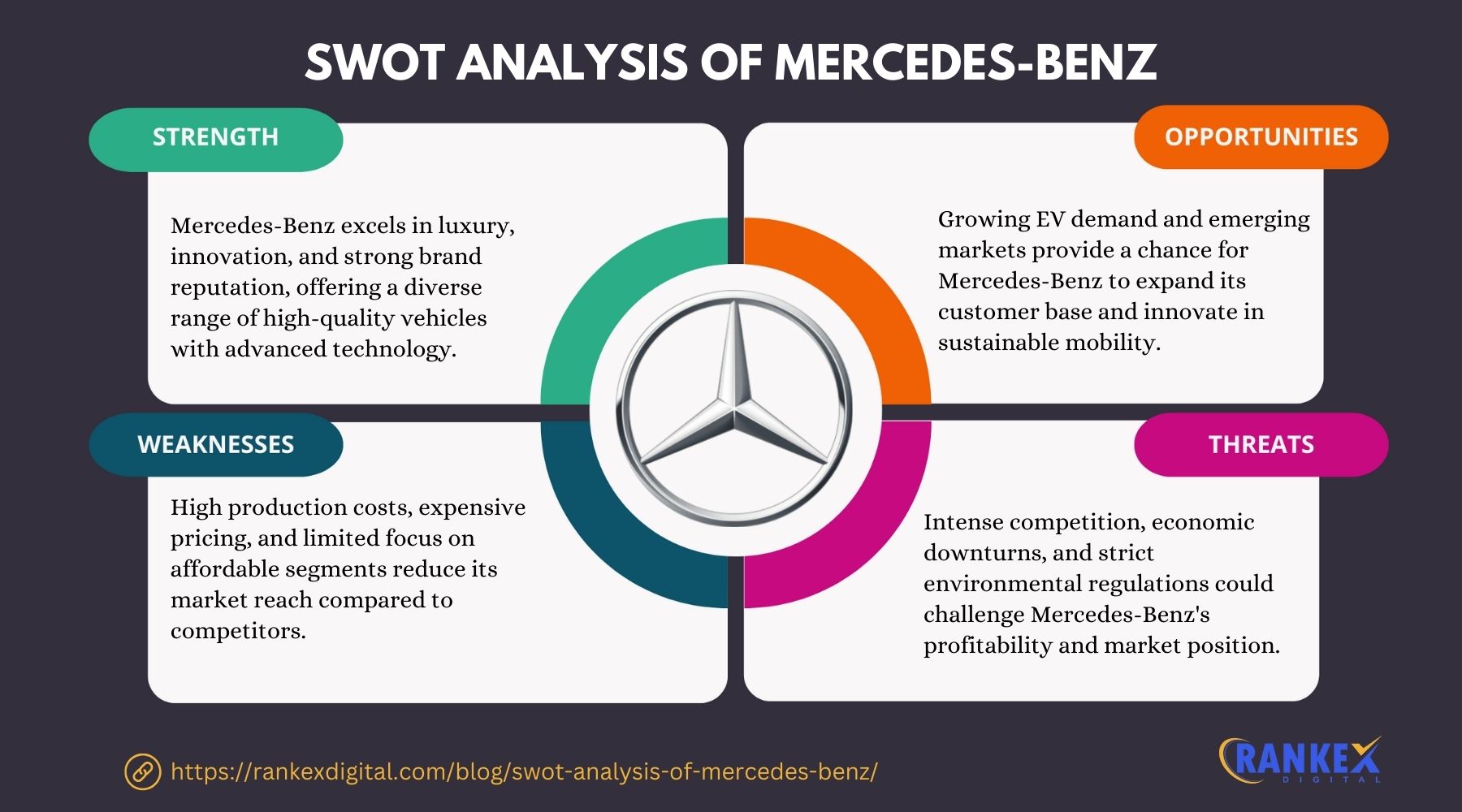
Strengths of Mercedes Benz
- Strong Brand Legacy:
Mercedes-Benz has a rich history of over a century in the automotive industry. As one of the most recognized and prestigious car brands worldwide, it has built an unparalleled legacy in terms of luxury, performance, and engineering excellence. The brand’s association with quality craftsmanship, innovation, and elegance has made it an aspirational symbol for many consumers. This legacy helps to maintain a loyal customer base and ensures brand recognition, which supports high sales, strong market positioning, and customer trust. - Innovative Technology:
Mercedes-Benz is renowned for its cutting-edge technology, with consistent investments in research and development to stay ahead in the automotive industry. Key innovations such as the MBUX (Mercedes-Benz User Experience) infotainment system, which features voice-activated controls and advanced AI capabilities, showcase the brand’s technological leadership. Additionally, Mercedes is at the forefront of autonomous driving technologies, enhancing both safety and convenience for drivers. The launch of the EQ series, a line of fully electric vehicles, highlights the company’s commitment to sustainability and future-proofing its portfolio against the growing demand for electric mobility. - Diverse Product Portfolio:
Mercedes-Benz offers a wide array of vehicles that cater to different market segments. From luxury sedans like the S-Class and E-Class, to high-performance sports cars such as the AMG series, as well as a comprehensive lineup of SUVs (e.g., GLS, GLC) and even commercial vehicles (trucks, buses), the brand serves a broad range of customers globally. This diversity allows Mercedes-Benz to target high-end customers while also catering to diverse needs in both the luxury and commercial vehicle markets. The ability to cater to multiple segments helps reduce the risk of market downturns in a specific category. - Global Reach:
Mercedes-Benz operates in over 100 countries, ensuring a vast global presence. This wide-reaching network of dealerships and service centers enables the brand to access a diverse set of consumers and respond quickly to market demand. Its established presence in major automotive markets like Europe, North America, and Asia offers strong customer accessibility. The global reach also helps mitigate risks associated with economic downturns or shifts in regional consumer behavior by balancing revenue across different geographical regions. - Sustainability Leadership:
Mercedes-Benz is committed to sustainability with its ambitious “Ambition 2039” initiative, which aims to make its entire fleet CO2-neutral by 2039. The company is also investing in carbon-neutral production processes and has pledged to expand its electric vehicle portfolio, making sustainability a core part of its brand identity. This commitment not only helps align the company with global trends toward environmental consciousness but also strengthens its position as a leader in eco-friendly automotive innovation.
Weaknesses of Mercedes Benz
- High Operating Costs:
The production of luxury vehicles, especially those equipped with the latest technologies, advanced safety features, and premium materials, comes with high manufacturing costs. These high costs impact profit margins, particularly in a competitive market where pricing pressures from rivals like BMW, Audi, and Tesla are common. The complexity and quality of manufacturing also make Mercedes-Benz more vulnerable to global supply chain disruptions, which can increase costs further, squeezing profitability during periods of economic instability. - Dependence on Premium Segments:
Mercedes-Benz primarily focuses on the premium and luxury vehicle segments, which limits its appeal to middle-income or budget-conscious buyers. While this focus on high-end cars supports strong margins, it makes the brand more vulnerable to fluctuations in demand, particularly during economic downturns when luxury purchases are often the first to be cut from consumer budgets. Furthermore, in emerging markets where affordability is key, the brand’s pricing strategy could be a barrier to entry, especially as more competitors offer premium alternatives at lower prices. - Delayed Transition to Electric Vehicles:
While Mercedes-Benz has made significant strides in its electric vehicle lineup with the EQ series, it has been slower to transition to electric vehicles compared to more agile competitors like Tesla. Tesla, for example, has already established itself as a leader in the electric vehicle market, which may allow it to capture significant market share, especially in the growing demand for EVs. Mercedes-Benz must work to catch up in this space, as consumer demand for electric vehicles continues to accelerate and governments impose stricter emissions regulations. - Vulnerability to Economic Downturns:
Being a luxury brand, Mercedes-Benz is highly sensitive to global economic cycles. During periods of economic downturn, luxury goods and services, including high-end vehicles, typically experience a decline in demand. Recessions, financial crises, or other macroeconomic factors such as rising unemployment rates can significantly impact sales. Given that a significant portion of the brand’s customer base consists of high-income individuals, changes in consumer spending behavior can have a direct effect on sales volumes. - Complex Supply Chain:
The production of luxury vehicles involves an intricate and global supply chain, sourcing raw materials, components, and skilled labor from various countries. This complexity makes Mercedes-Benz vulnerable to disruptions such as geopolitical tensions, trade wars, natural disasters, or pandemics. Supply chain disruptions could lead to delays in production, increased costs, and limited availability of key components, all of which could negatively impact both revenue and customer satisfaction.
Opportunities for Mercedes Benz
- Expansion in Emerging Markets:
Emerging markets, such as China, India, and parts of Africa, are experiencing a rise in disposable incomes, which presents a significant opportunity for Mercedes-Benz to tap into these growing markets. By tailoring products to these regions, such as offering more affordable luxury models or small-sized vehicles suitable for urban environments, the company can attract new customers. Additionally, these markets are seeing a shift toward more environmentally conscious consumers, and the introduction of electric or hybrid vehicles in these regions could further increase demand. - Electric Vehicle Market Growth:
As environmental awareness grows, electric vehicles (EVs) are becoming increasingly popular worldwide. Mercedes-Benz has the opportunity to expand its EQ lineup and leverage its reputation for luxury and quality to capture a larger share of the premium EV market. Governments around the world are offering incentives for EV adoption, which creates an attractive environment for expansion. By investing in EV technology and infrastructure, Mercedes-Benz can enhance its competitiveness in a rapidly evolving market. - Technological Advancements:
Mercedes-Benz can continue to invest in cutting-edge technologies like autonomous driving, AI, and connected vehicles to redefine the driving experience. The integration of artificial intelligence for personalized in-car experiences, enhanced safety features, and predictive maintenance can provide significant advantages. Developing autonomous driving capabilities could also allow Mercedes-Benz to lead in the next generation of vehicles, setting the standard for safety and convenience in the automotive industry. - Collaborations and Partnerships:
Collaborating with technology giants or startups specializing in battery technology, AI, or infotainment systems can accelerate innovation and help Mercedes-Benz stay ahead of competitors. Strategic partnerships with other automakers can share the costs and risks associated with R&D, particularly in emerging technologies like autonomous driving, EVs, or connected services. Such collaborations could also expand Mercedes-Benz’s technological footprint and market presence, providing mutual benefits in terms of product development, cost-sharing, and access to new markets. - Focus on Subscription Services:
As consumer preferences shift toward more flexible ownership models, Mercedes-Benz has the opportunity to explore new business models like car subscriptions or on-demand mobility solutions. These models appeal to younger, tech-savvy consumers who prioritize access over ownership. Offering subscription services could cater to the growing demand for convenience, flexibility, and personalization, allowing customers to select vehicles based on their needs without long-term commitments. This also provides an additional revenue stream outside traditional car sales, helping the company diversify its income sources.
Threats to Mercedes Benz
- Intense Competition:
Mercedes-Benz faces intense competition from other luxury automakers like BMW, Audi, Lexus, and emerging electric vehicle manufacturers such as Tesla. These competitors are constantly innovating and offering new products at competitive prices, which puts pressure on Mercedes-Benz to differentiate itself. Tesla, in particular, has a significant lead in the EV space and continues to dominate with its cutting-edge technology and strong brand appeal among eco-conscious consumers. Mercedes-Benz will need to stay ahead of these competitors to maintain its leadership position in the luxury automotive market. - Economic and Geopolitical Uncertainty:
Mercedes-Benz operates in a global market, making it vulnerable to economic and geopolitical risks. Events like global recessions, trade wars, changes in tariffs, and shifting regulations in key markets could disrupt sales and production. Economic slowdowns in major markets like Europe, the U.S., and China could impact the brand’s profitability. Furthermore, political instability in certain regions can disrupt operations, supply chains, and consumer purchasing power, putting pressure on Mercedes-Benz’s financial performance. - Stringent Emission Norms:
As governments worldwide impose increasingly strict emission regulations to combat climate change, Mercedes-Benz faces the challenge of continuously upgrading its vehicles to meet these standards. Non-compliance could result in hefty fines and reputational damage. The shift toward electric vehicles and hybrid powertrains is an opportunity, but the transition also comes with high costs in R&D, retooling manufacturing processes, and the development of new technologies. Adapting to these regulations will require significant ongoing investment. - Cybersecurity Risks:
As vehicles become more connected with infotainment systems, autonomous driving features, and telematics, they are becoming more vulnerable to cybersecurity threats. A major data breach or hacking incident could compromise customer data, disrupt vehicle operations, and damage the brand’s reputation. Given the increasing reliance on technology in modern vehicles, Mercedes-Benz must invest in robust cybersecurity measures to ensure the safety of its systems and maintain consumer trust. - Counterfeit Products:
The growth of counterfeit products, including fake spare parts and accessories, poses a growing threat to Mercedes-Benz’s brand integrity. Counterfeit parts can compromise the safety and performance of vehicles, potentially causing serious issues for consumers. Additionally, these counterfeit products can result in lost revenue for Mercedes-Benz and damage the brand’s reputation if customers encounter subpar or dangerous components. The company will need to take proactive measures to combat the proliferation of counterfeit goods in key markets.
Frequently Asked Questions
What are the key strengths of Mercedes-Benz?
The brand’s strong legacy, innovative technology, diverse product range, and global reach are its key strengths.
How is Mercedes-Benz addressing sustainability?
Mercedes-Benz aims to achieve carbon-neutral production and expand its electric vehicle lineup under the “Ambition 2039” initiative.
What challenges does Mercedes-Benz face in the EV market?
Mercedes-Benz faces intense competition from established EV players like Tesla and must accelerate its EV adoption to close the gap.
Which emerging markets hold potential for Mercedes-Benz?
Regions like Asia, the Middle East, and Africa, with rising income levels, offer significant growth opportunities for the brand.
How does Mercedes-Benz ensure its competitive edge?
Through continuous innovation, strategic partnerships, and exceptional customer service, the company maintains its market leadership.
Conclusion
The SWOT analysis of Mercedes Benz highlights its position as a pioneer in luxury and innovation within the automotive industry. While the brand faces challenges such as intense competition and high operating costs, opportunities in emerging markets, EV expansion, and advanced technology provide avenues for sustained growth.
By leveraging its strengths and addressing its weaknesses, Mercedes-Benz is poised to lead the industry while adapting to evolving consumer demands and global trends.



